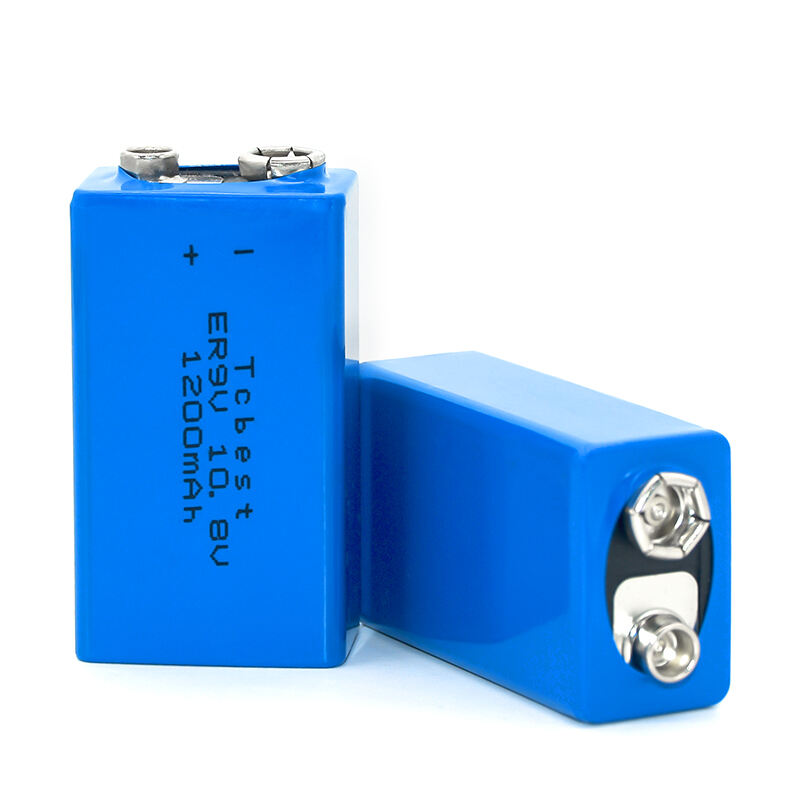lithium chloride batteries
Lithium chloride batteries represent a significant advancement in energy storage technology, combining high energy density with exceptional performance characteristics. These batteries utilize lithium chloride as a key component in their electrochemical system, offering a unique approach to power storage and delivery. The technology leverages the high electrochemical potential of lithium and the stability of chloride ions to create a reliable and efficient energy storage solution. The basic structure consists of a lithium-based anode, a chloride-containing cathode, and an electrolyte that facilitates ion transport. These batteries excel in various applications, from portable electronics to large-scale energy storage systems. Their ability to maintain stable performance across different temperature ranges makes them particularly valuable in harsh environmental conditions. The batteries demonstrate remarkable cycle life and can operate effectively in both high and low-temperature environments, ranging from -20°C to 60°C. Their unique chemistry also contributes to enhanced safety features, as they are less prone to thermal runaway compared to traditional lithium-ion batteries. In industrial applications, these batteries prove essential for backup power systems, renewable energy storage, and electric vehicle applications, offering a balance of performance, safety, and reliability.


